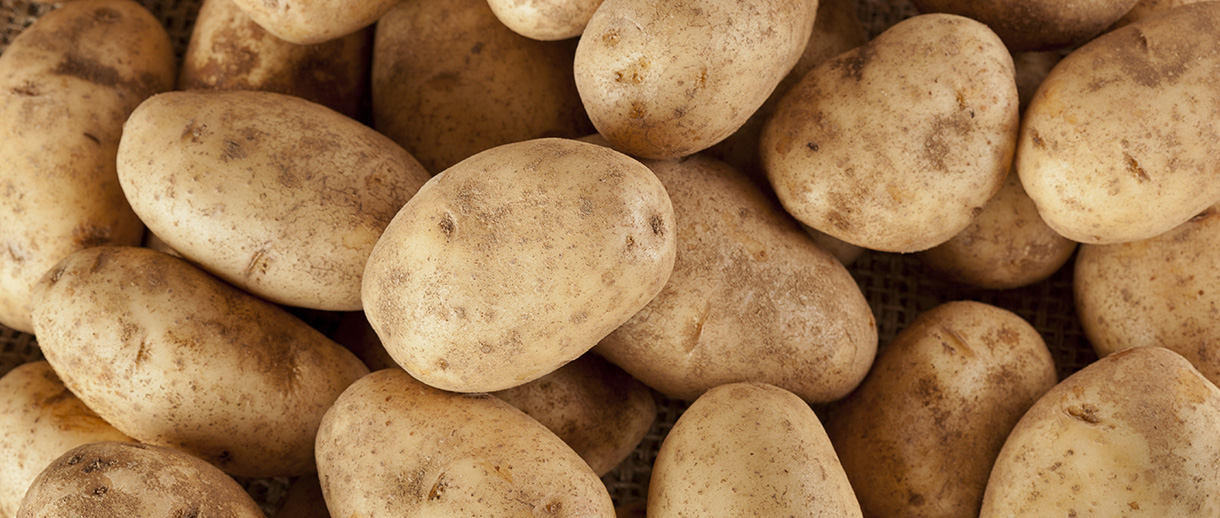
In 2019, the multinational food and beverage major, PepsiCo sued a group of farmers in Gujarat, India, for ‘infringing’ a potato variety that it had registered under the Protection of Plant Varieties and Farmers’ Rights Act, 2001 (the Act). Predictably, this suit caused an uproar, highlighting the ambiguity in the Indian law on farmers rights, and revived debates on whether farmers can be sued for infringing plant variety registrations.
The suit itself was withdrawn, but considerable reliance was placed on answers to certain Frequently Asked Questions (FAQs) provided by the Protection of Plant Varieties and Farmers’ Rights (PPVFR) Authority, the regulatory body concerned. The FAQs themselves went beyond being merely clarificatory in nature, and instead, offered (arguably questionable) interpretations of the law. Naturally, this begs the question of whether FAQs issued by a regulator are legally binding. Are FAQs adequate guidance merely because they emanate from the regulator (i.e., and thus presumed to be a legitimate exercise of delegated authority)? Alternately, should courts treat such non-statutory guidance with greater circumspection, considering the limits of delegated authority, besides other factors such as the risk of regulatory capture?
There is significant jurisprudence in India on the limits of the exercise of delegated authority and the validity of regulatory guidance in other domains, for example, the financial sector, which can be borrowed into this domain as well. This issue was not directly tackled with in the present case, but it sets the ground for future challenges, should parties attempt to rely on FAQs as a valid defence.
PepsiCo vs the Farmers
PepsiCo obtained registrations for two hybrid potato extant varieties FL 1867 and FL 2027 in 2016, applications for which were filed in 2011. PepsiCo apparently learnt, in January 2019, that farmers in Gujarat appeared to be producing FL 2027. DNA testing confirmed that the variety being grown by the farmers matched PepsiCo’s FL 2027, and PepsiCo sued for an injunction before a court in Ahmedabad, and also sought damages of Rs. 1.05 crores (~USD 140,000) from each farmer. The company was granted an ex-parte ad interim injunction in April 2019.
PepsiCo relied on Section 64 of the Act that defines infringement of Breeder’s Rights. It also relied on certain FAQs published by the PPVFR Authority, which stated that farmers’ rights were applicable only to subsistence and marginal farmers, and not to commercial farmers.
The farmers, on their part, sought refuge in Section 39(1)(iv)1 of the Act that deals with the rights of farmers to save, use, sow resow, exchange, share or sell farm produce including seeds of varieties protected under the Act. The farmers also argued that the variety in question was an extant variety and already available in India. They argued that since PepsiCo introduced it in India in 2011 and claimed breeder rights only in 2016, farmers would already have been cultivating it.
Public pressure compelled PepsiCo to eventually withdraw the case, issuing a statement that “After discussions with the Government, the Company has agreed to withdraw cases against farmers. We are relying on the said discussions to find a long term and an amicable resolution of all issues around seed protection.”
Although the case was withdrawn, it invited a reconsideration of the controversial FAQs which had been relied upon by PepsiCo, which appeared to conflict with the legislative intent of the Act. Consequently, a public letter demanding the withdrawal of the FAQs was issued in December 2019.2 In September 2020, the PPVFR Authority issued revised FAQs (available here).
Farmers’ rights as clarified by the revised FAQs
The key provision under contention was Section 39(1)(iv). According to this provision, a farmer is deemed to be entitled to save, use, sow, resow, exchange, share or sell “farm produce” including seeds of protected varieties in the same manner as before the law came about. However, the farmer cannot sell branded seeds of protected varieties. An explanation to this section clarifies that “branded seed” means any seed in a package or container, labeled as a protected variety.
Critically, the revised FAQs clarify that the farmers’ rights under section 39(1)(iv) allow a farmer to use farm produce in any manner including that of registered varieties, so long as the farmer does not resort to any seed material propagation protocols. The revised FAQs limit the interpretation of “farm produce” and state that a registered breeder can claim rights if it finds that a farmer is selling a product that cannot be classified as “farm produce”. The revised FAQs further advise registered breeders to meticulously put together evidence against the farmer in such cases (Q&A 22 and 23).
Examples of when seed or seeding material ceases to be “farm produce” include the following:
- if it was produced under contract for a seed producer or company;
- if the variety is not cultivated for obtaining normal farm produce but is sold as seed obtained by seed material production protocols (e.g., space planting, isolation, a nursery for exclusive seedling multiplication, etc.); and
- if the vegetative propagules are treated with growth regulators, hormones, or chemicals for facilitating their use as seeding material only.
Controversially, while the revised FAQs maintain that a registered breeder has no rights on the harvested product including the seed, so long as it is farm produce, they go further and permit a breeder to seek information by way of a complaint. If this happens, a farmer can claim innocence of being unaware of the consequences of buying/selling such propagating material without authorization. But exceptions are identified too. In cases of products where large up-front investments are made, e.g., apples, the presumption of innocence on the part of the farmer is not considered to be high.
The revised FAQs suggest that farmers rights are limited only to propagating material that is a part of farm produce. During or after the cultivation of a registered variety, a farmer cannot resort to any method to produce propagating material. Thus, a farmer cannot resort to “any seed-material propagation protocols that distinguishes the farmer as seeding material producer farmer”. Further, a farmer cannot sell branded propagating material without the permission of the breeder of the registered variety.
Conclusion
While the lawsuit between PepsiCo and the farmers was terminated fairly quickly, the more troubling aspect of this episode is the interpretation of the PPVFR Act offered by the Authority through its FAQs, and the reliance being placed on such interpretations by courts. Surely what is “farm produce” is a question for the law and courts to determine, and not for the Authority to decide. The revised FAQs also encourage registered breeders to go after farmers by “meticulously” collecting evidence against them, pointing to certain questionable biases in the drafting of the FAQs themselves. All of this raises red flags over the manner in which the PPFVR domain is operating and being regulated. Courts should be particularly wary of possibilities of regulatory capture and regulatory overreach when dealing with such cases. They should ensure that interests of all parties, farmers and registered breeders alike, are addressed fairly, following principles of natural justice, and along the lines of what is laid down in the legislation itself.
1 39. Farmers’ rights.—(1) Notwithstanding anything contained in this Act,—
(iv) a farmer shall be deemed to be entitled to save, use, sow resow, exchange, share or sell his farm produce including seed of a variety protected under this Act in the same manner as he was entitled before the coming into force of this Act:
Provided that the farmer shall not be entitled to sell branded seed of a variety protected under this Act.
Explanation.—For the purpose of clause (iv), “branded seed” means any seed put in a package or any other container and labelled in a manner indicating that such seed is of a variety protected under this Act.
















